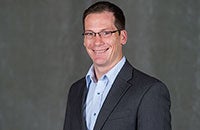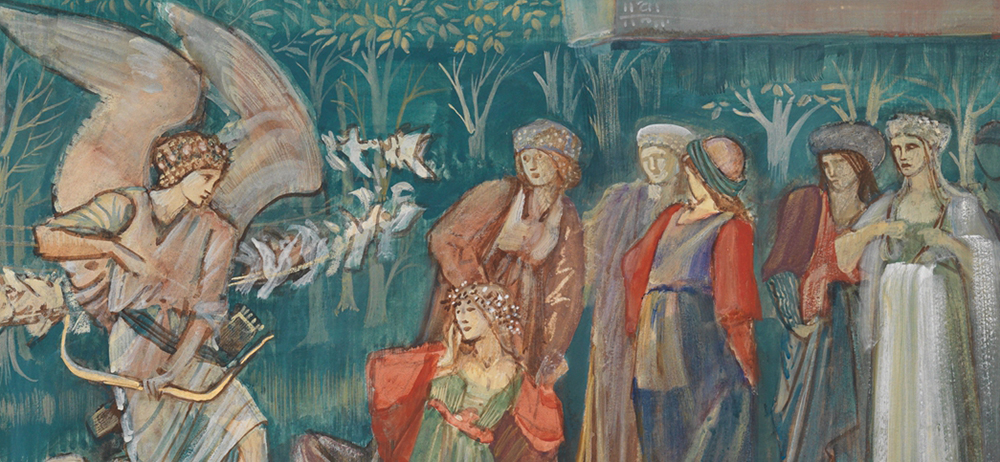English Department to Pilot “Flightless” Conference Format
September 4, 2019 – Imagine having a conference where more than 70 presenters from across four universities in the US and England gather and not one drop of jet fuel was used in order to transport scholars to this gathering. Now imagine Georgetown University’s Department of English being one of the driving forces in this important step in this commitment to sustainability.
This “flightless” academic gathering will take place from September 18 – 21 and will be among the first of its kind in the US and a prototype for scholarly gatherings in the future. “Ecology and Religion in the Nineteenth Century” is an experiment in the kind of carbon-neutral gatherings that will be necessary, organizers say, to take seriously the fact that climate change challenges humans to reimagine — sometimes radically — how we live today. The scholars will examine the place of religion in forming ecological ideas in the world’s earliest fossil-fueled society, nineteenth-century England.
Carbon-Neutral Conferences Can Propel Scholarship

Nathan Hensley, an associate professor in the Department of English and conference co-organizer.
“Given the vast scale of climate change, to set your sights on reimagining the format of academic conferences might seem like an odd choice,” said Nathan Hensley, Associate Professor of English and co-organizer of Georgetown’s “node” of the event. “Modern academic conferences could never have been invented without cheap air travel, huge energy surpluses, and almost unlimited waste production. Our goal is to use carbon offsets, public transit, and new technologies to help build a better model.”
Traditionally held, even a medium-sized scholarly conference generates 50 to 100 metric tons of carbon dioxide equivalents. This is twenty-five times the world average for an individual’s annual carbon footprint.
The event at Georgetown was designed in collaboration with the Armstrong Browning Library at Baylor University, Lancaster University in the UK, and the University of Washington, Seattle. Sessions will be attended “live” by participants within 300 miles of each node, provided no air travel is used. Anyone else can participate in the events digitally, via the live stream available on the conference website. All events are free and open to the public, though registration is requested.
“We traditionally think of ‘educational technology’ as advancing teaching and student learning,” said Randy Bass, Vice Provost of Education and a sponsor of the event. “But the act of sharing new knowledge among scholarly communities is also a critical part of who we are as a University. By leveraging the latest in digital tools and thinking in new ways about the format, the organizers are helping underscore the need to rethink some of our most basic presumptions about how we advance new knowledge, in light of climate change and sustainable environmental practices.”
David Edelstein, Vice Dean of the Faculty at the College and a sponsor of the event noted how the initiative links into a broader trend at Georgetown toward more sustainable institutional practices. “Flightless conferences are clearly a part of the future of how we share and create knowledge in the academy. We are excited that Georgetown can be a participant in this particular conference on such an interesting and important topic.”
Studying the Past to Embrace the Future
Organizers noted that the particular topic of “Ecology and Religion in the Nineteenth Century” is intimately linked to its new format. Patrick R. O’Malley, Professor of English and a conference organizer, said “this is a perfect event to showcase the importance of Catholic and Jesuit values in addressing the big challenges of our world.” The Catholic tradition has always emphasized an ethic of care and regard for the nonhuman world, O’Malley said. In addition to being an important era in the development of those ethics, the nineteenth century was also a key historical moment for the development of modern ecological thinking. “The nineteenth century had the first significantly carbon-fueled economy on earth. So looking at the literature and thought of this period helps us see how that first fossil-fueled society was imagined at its inception. That helps us see how we might not only imagine but actually implement alternatives.”
The Georgetown University “node” will take place on campus Friday, September 20.
